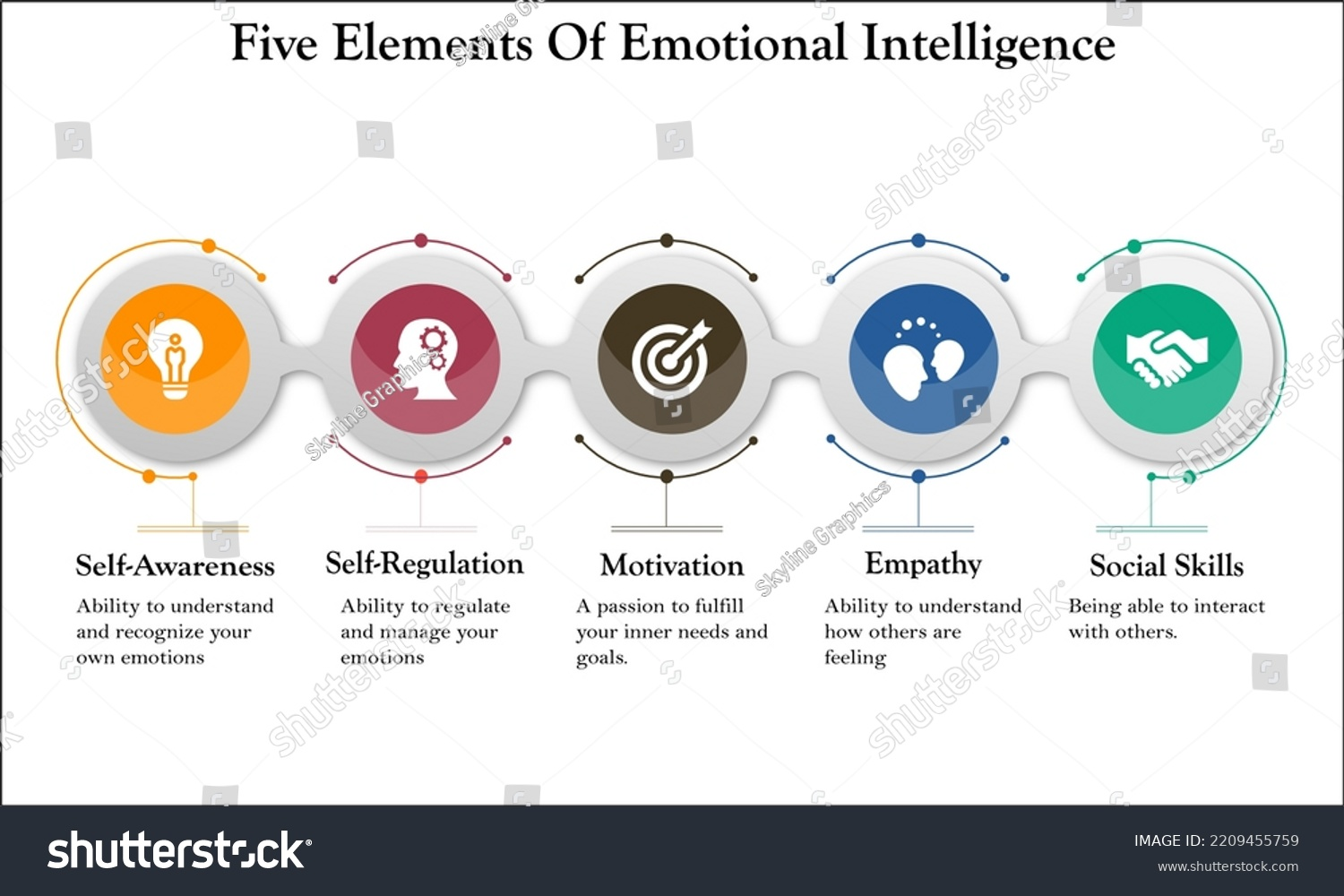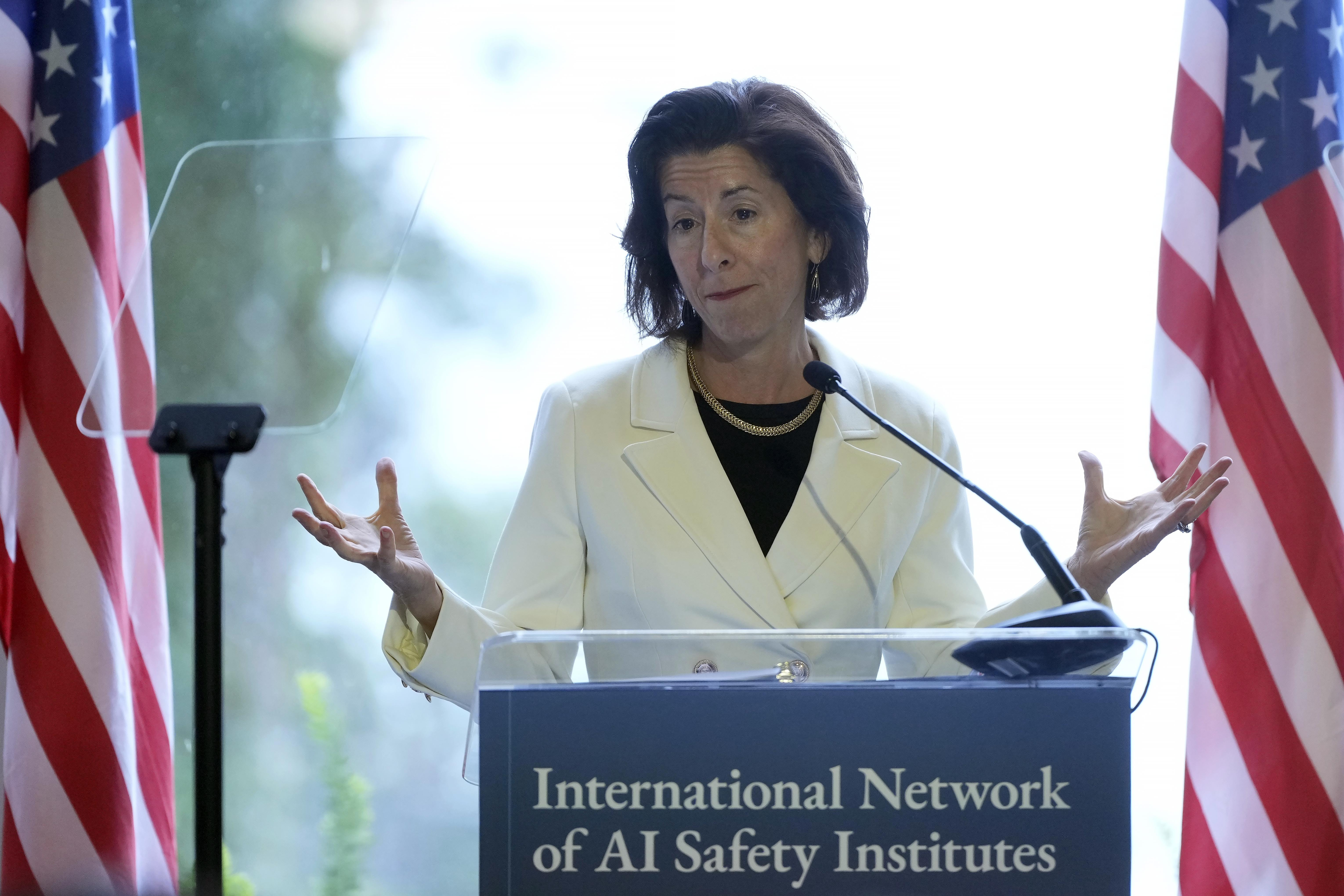Emotional intelligence (EI) is rapidly becoming recognized as a critical competency in both personal and professional realms. As we navigate an increasingly complex world, the importance of emotional intelligence shines through in various situations, particularly within the workplace. Not only do emotional intelligence skills enhance communication and teamwork, but they also play a pivotal role in conflict resolution and fostering a positive work environment. The advantages of high EQ are numerous, including improved leadership abilities and stronger relationships among colleagues. In a time where technical skills can be easily taught, developing emotional intelligence emerges as a unique advantage that sets employees apart, making them invaluable assets to their organizations.
The concept of emotional acumen is growing in significance, as individuals and businesses alike recognize its benefits. This capacity for understanding and managing emotions is not only relevant for self-awareness but also essential in cultivating empathy and effective social interactions. Emotional adeptness empowers professionals to thrive amid the pressures of modern work environments, facilitating smoother collaborations and a more cohesive team dynamic. The skills associated with emotional proficiency are now viewed as pivotal in achieving success, as organizations seek to prioritize relational capabilities alongside traditional technical skills. By fostering a culture of emotional understanding and connection, businesses can foster environments where individuals feel valued and motivated.
The Rising Significance of Emotional Intelligence in Today’s Work Environment
As we delve into the modern workplace, one cannot overlook the growing significance of emotional intelligence, often referred to as EQ. The recent World Economic Forum report underscores this by ranking various emotional intelligence skills such as motivation, self-awareness, empathy, and active listening among the top competencies for future employees. Employers now recognize that while technical prowess and analytical thinking remain pivotal, the ability to interact effectively with others is equally crucial. These findings illustrate that a high EQ not only advances individual performance but also fosters collaborative productivity across teams.
Companies are increasingly emphasizing the importance of emotional intelligence skills in their recruitment and development strategies. The advantages of a high EQ in employees extend beyond interpersonal relationships; they encompass better decision-making, enhanced problem-solving abilities, and higher job satisfaction. This paradigm shift suggests that organizations investing in the emotional intelligence training of their workforce can benefit from reduced conflict and improved dynamics, as employees equipped with high emotional competence tend to manage stress better and support each other more effectively.
The Components of Emotional Intelligence: Building Blocks for Success
Emotional intelligence consists of four key components: self-awareness, self-regulation, social awareness, and social skills. Self-awareness involves recognizing and understanding one’s own emotions and the impact they have on thoughts and behavior. This foundational skill is essential in helping individuals navigate their emotions and develop a balanced approach to professional and personal interactions. Self-regulation follows, enabling individuals to manage their feelings in a constructive manner rather than acting impulsively, which is crucial in maintaining professionalism and composure in challenging situations.
Social awareness, which includes empathy, plays a vital role in perceiving and understanding the emotions of others. This skill is particularly important in the workplace, where collaboration and teamwork are often necessary for success. Lastly, social skills encompass the ability to engage effectively with colleagues, resolve conflicts, and inspire cooperation. Developing emotional intelligence is not just beneficial for career advancement; it’s crucial for personal well-being, as it enhances relationships with family, friends, and within community settings.
Advantages of High Emotional Intelligence in the Workplace
High emotional intelligence offers numerous advantages in the workplace, fundamentally enhancing team dynamics and organizational culture. Individuals with a high EQ often excel in leadership roles, as they can understand and motivate their teams, ensuring that everyone feels valued and heard. This leads to improved morale, which directly correlates with increased productivity. Furthermore, employees with strong emotional intelligence skills are adept at conflict resolution, recognizing issues before they escalate, and fostering a collaborative environment.
Additionally, the advantages of high EQ extend to improved customer relations and client interactions. Employees who can empathize with clients and respond to their needs effectively often contribute to higher customer satisfaction and loyalty. Businesses that prioritize emotional intelligence training for their workforce position themselves advantageously; they cultivate a more adaptable, resilient team that thrives under pressure and complexity, particularly valuable in an age where human interactions are increasingly shadowed by technology.
Developing Emotional Intelligence: Strategies for Growth
Developing emotional intelligence is an ongoing journey that involves intentional practice and reflection. One effective strategy is engaging in self-assessment exercises to gauge one’s emotional strengths and weaknesses. This self-reflection not only fosters self-awareness but also highlights areas requiring improvement. Activities like journaling to track emotional responses in various situations can spark insights into behavioral patterns, helping individuals learn how to manage their responses more effectively.
Another approach involves working on active listening skills, which enhance social awareness. By genuinely paying attention to others and validating their feelings, individuals can build deeper connections. Additionally, participating in role-playing scenarios and team-building exercises fosters both empathy and social skills, allowing individuals to experience their emotional intelligence in action. As organizations increasingly endorse these practices, investing in emotional intelligence development is not merely beneficial but essential for holistic workplace functionality.
The Role of Emotional Intelligence in the Age of AI
As artificial intelligence continues to evolve and permeate various sectors, emotional intelligence remains a crucial asset in the workplace. While AI can manage tasks and data, it lacks the intrinsic human capability to comprehend emotions contextually. This creates a unique niche for individuals with high EQ, who can fill the gaps left by technology through authentic human interaction and emotional understanding. Workers who can navigate the complexities of interpersonal relationships will be invaluable as environments become more automated.
In the age of AI, the ability to foster genuine connections and understand human emotions will distinguish successful leaders and teams from those who rely solely on technology. Organizations that integrate emotional intelligence into their culture can create resilient workplaces that prioritize human connections over automation. This shift emphasizes the need for emotional competence to work harmoniously with technology, ensuring that essential human traits are not lost amid rapid advancements.
Why Employers Prioritize Emotional Intelligence in Hiring
Today’s employers are increasingly prioritizing emotional intelligence during the hiring process, recognizing its critical role in ensuring workplace success. Candidates with strong EQ display better communication skills and the capacity to handle interpersonal relationships judiciously and empathetically. These traits contribute to a positive workplace culture, where collaboration and effective teamwork thrive. Understanding emotions can also translate into better leadership qualities, important variables that contribute to higher overall performance.
The ramifications of hiring for emotional intelligence extend beyond individual employees; they influence the entire organization’s dynamics. A workforce rich in emotional intelligence skills reduces conflict and enhances morale, fostering an environment conducive to innovation and growth. Companies that actively seek emotionally intelligent individuals are setting themselves up for sustainable success, as these employees are more adept at managing stress and adapting to rapid changes in an increasingly complex work environment.
Emotional Intelligence vs. Traditional Intelligence: The New Workplace Paradigm
The historical emphasis on traditional intelligence metrics, such as IQ scores, is shifting as organizations realize the limitations of these indicators in predicting workplace success. In contrast, emotional intelligence offers a more comprehensive understanding of an individual’s potential, particularly in collaborative environments. Employees with high EQ are often able to harness their analytical skills while effectively navigating the emotional landscape of their teams, resulting in enhanced productivity and cohesion.
This new paradigm highlights the value of emotional intelligence as a complementary skill set to traditional forms of intelligence. As workplaces evolve, leaders who prioritize emotional understanding will be better equipped to address the diverse needs of their teams. Such an emphasis on holistic intelligence fosters not just the achievement of tactical goals but also nurtures the emotional health of the workforce, ensuring long-term engagement and satisfaction.
The Future of Emotional Intelligence in Job Markets
Looking ahead, the future job market promises to increasingly value emotional intelligence as automation and AI redefine traditional roles. The necessity for strong interpersonal skills will only grow, as jobs requiring emotional labor are enhanced by technology but cannot be entirely replaced by it. Employees who can bridge the gap between technology and the human experience will be in high demand, as organizations seek out those who can navigate this new terrain effectively.
Employers will likely invest more in training programs tailored to develop emotional intelligence skills, ensuring their teams remain competitive and adaptable. As businesses increasingly recognize the value of high EQ employees in fostering innovation, collaboration, and resilience, nurturing these skills will be a prime focus for organizations aiming to thrive in the evolving landscape.
Conclusions: Emphasizing Emotional Intelligence in Professional Development
In conclusion, emotional intelligence has emerged as a cornerstone of professional development, offering profound benefits to both individuals and organizations. As workplaces become more integrated with technology, the need for emotional competence will only increase. Professionals who actively cultivate emotional intelligence skills can anticipate better career progression while contributing positively to their teams and organizations.
Organizations committed to fostering a culture of emotional intelligence will likely see enhanced productivity, improved employee satisfaction, and a stronger competitive edge. By prioritizing emotional intelligence in training and development initiatives, companies will not only prepare their workforce for the future but also unleash the full potential of their human capital.
Frequently Asked Questions
What is the importance of emotional intelligence in the workplace?
The importance of emotional intelligence (EI) in the workplace cannot be overstated. High emotional intelligence skills, such as empathy, motivation, and social awareness, enhance collaboration and productivity among team members. Employers recognize that workers with high EQs are better at navigating interpersonal relationships and can effectively manage conflicts, leading to improved team dynamics and overall workplace morale.
How can developing emotional intelligence skills benefit my career?
Developing emotional intelligence skills can significantly benefit your career by fostering better relationships with colleagues and superiors. High EQ individuals tend to possess the ability to communicate effectively, handle stress, and adapt to change, which are all vital skills in today’s fast-paced work environment. The advantages of high EQ extend beyond individual success; organizations with emotionally intelligent teams often experience higher employee satisfaction and reduced turnover.
What are the advantages of high EQ in leadership roles?
Leaders with high emotional intelligence are more successful because they can inspire and motivate their teams. The advantages of high EQ in leadership roles include improved conflict resolution, enhanced team collaboration, and the ability to create a positive work culture. High-EQ leaders are better at understanding their team members’ emotions, which helps them respond to challenges with empathy and clarity, ultimately leading to higher engagement and productivity.
How can I improve my emotional intelligence skills?
Improving emotional intelligence skills begins with self-awareness. Start by reflecting on your emotions and reactions in different situations. Practice self-regulation by managing your emotional responses and developing coping strategies. Additionally, enhance your social awareness by actively listening to others and showing empathy. Engaging in activities that foster collaboration and feedback among peers can also aid in developing essential emotional intelligence skills.
Why is emotional intelligence increasingly valuable in the age of AI?
Emotional intelligence is becoming increasingly valuable in the age of AI as the demand for authentic human interaction rises. As workplaces integrate more AI technologies, the ability to connect and empathize with others grows critical in maintaining relational dynamics. High emotional intelligence skills enable individuals to navigate this technological landscape by fostering genuine connections and addressing the emotional needs of colleagues, which AI cannot replicate.
What are the core components of emotional intelligence?
The core components of emotional intelligence include self-awareness, self-regulation, social awareness (empathy), and social skills. Self-awareness involves recognizing one’s emotions and thoughts; self-regulation relates to managing emotional responses; social awareness focuses on understanding others’ feelings; and social skills enable effective teamwork and conflict resolution. Together, these components form the foundation for developing emotional competence.
How do emotional intelligence skills influence team performance?
Emotional intelligence skills significantly influence team performance by promoting better communication, collaboration, and conflict resolution. High-EQ members create an environment of trust and openness, which is essential for effective teamwork. By understanding and managing their emotions and those of their peers, teams with developed emotional intelligence can navigate challenges more efficiently and maintain high morale, leading to improved overall performance.
| Key Points | Details |
|---|---|
| Emotional Intelligence (EI) Importance | A report by the World Economic Forum indicates that emotional intelligence skills, such as self-awareness, empathy, and active listening, rank among the top 10 competencies sought by employers. |
| Definition of Emotional Intelligence | Emotional intelligence is the skill of recognizing and managing one’s own feelings, understanding the emotions of others, and effectively navigating interpersonal relationships. |
| Employer Preferences | Many employers prioritize emotional intelligence over technical skills because high EI improves team collaboration, reduces miscommunication, and enhances productivity. |
| Evolution of Emotional Intelligence | Since Daniel Goleman’s 1995 book, emotional intelligence has gained recognition as a vital skill for achieving personal and professional success, often more critical than traditional intelligence measures. |
| Relevance in the Age of AI | As interactions increasingly involve AI, authentic human connections become even more valuable, highlighting the need for emotional intelligence. |
| Components of Emotional Intelligence | The four main components are: self-awareness, self-regulation, social awareness (empathy), and social skills. |
| Effects on Personal Life | Emotional intelligence is crucial for building strong relationships in personal life, helping individuals relate better to family, friends, and colleagues. |
Summary
Emotional intelligence is essential in today’s workplace and beyond, as it shapes how we interact with others in an increasingly complex world. The recognition of emotional intelligence as a core competency underscores the importance of interpersonal skills and empathy, particularly as technology continues to evolve. Cultivating emotional intelligence not only enhances professional relationships but also enriches personal connections, making it a pivotal skill in both aspects of life.



